 As I’m sure most of you know by now, it’s Banned Books Week and I’m running a series of blog posts discussing the banning of books to celebrate the event. In the first post, on Monday, I kicked off the series with a short post about the event as well as how and where books are being banned. The second post demonstrated why the banning of books is such a problematic practice with an excursus on an ugly chapter in world history.
As I’m sure most of you know by now, it’s Banned Books Week and I’m running a series of blog posts discussing the banning of books to celebrate the event. In the first post, on Monday, I kicked off the series with a short post about the event as well as how and where books are being banned. The second post demonstrated why the banning of books is such a problematic practice with an excursus on an ugly chapter in world history.
In yesterday’s post I concluded that anyone who attempts to (or does) ban books, is trying to indoctrinate others with their own beliefs. Today I want to continue the series by discussing what kind of beliefs those are.
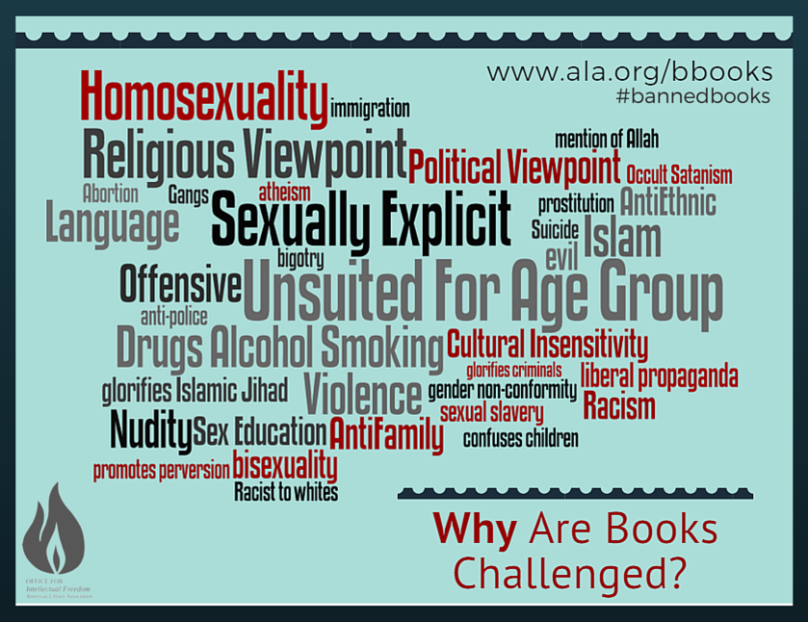
This word cloud put together by the ALA visually highlights the most common reasons for books being challenged.
At first glance it might seem like the banning of books is just a noble and understandable attempt to protect children from content they aren’t ready to face – explicit sex scenes, violence, drug abuse. But a closer look at this graphic reveals that a lot of the reasons cited by challengers aren’t noble at all.
Let’s start with one of the most cited reasons – “religious viewpoint”. We can even connect a few other reasons from the word cloud to that one:
- “atheism”
- “Islam”
- “mention of Allah”
Excuse me, but did I miss anything? I was under the impression that there was such a thing as religious freedom.
It seems we need to look at the First Amendment again:
Congress shall make no law respecting an establishment of religion, or prohibiting the free exercise thereof; or abridging the freedom of speech, or of the press; or the right of the people peaceably to assemble, and to petition the Government for a redress of grievances.
Of course, here’s the problem with the First Amendment: it only applies to the government. It prevents discriminating laws, but it doesn’t automatically make religious discrimination illegal. There are lot’s of additional laws against religious discrimination, but they all deal with rather specific situations. There doesn’t seem to be any law that applies in this case – correct me if I’m wrong.
And yet, does that even matter? None of it changes the fact that challenging books because they aren’t in accordance with your own religious beliefs is discrimination. This also serves to prove my point from yesterday’s post – that banning books is an attempt to indoctrinate others with one’s own beliefs.
Questioning their religion? Not acceptable. Not believing in their religion? Not acceptable. Believing in a different religion? Not acceptable.
Here’s the thing – the people who challenge books because of their “religious viewpoint” rightfully demand to be allowed their beliefs and to exercise them freely. But one cannot demand that for oneself while not granting others the same freedom. Hypocrisy much?
A look at the books frequently challenged for their “religious viewpoint” over the past years reveals yet another connection to a reason from the graphic above.
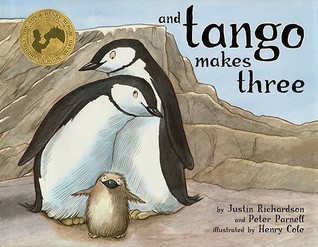

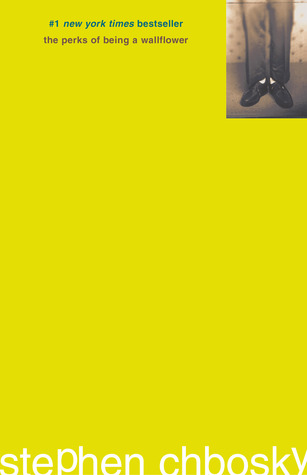
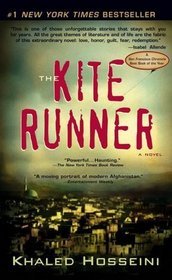

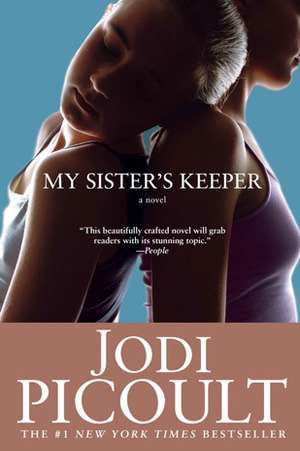
As you can see, an astounding number of the books challenged for “their religious viewpoint” have also been challenged for homosexuality. It is therefore pretty safe to say that the label “religious viewpoint” only serves as a guise for yet another form of discrimination.
discrimination
NOUN
The unjust or prejudicial treatment of different categories of people, especially on the grounds of race, age, or sex.
(source: Oxford Dictionaries)
People don’t discriminate against people that are like themselves. People discriminate against others because they are different from themselves. Discrimination is therefore firmly linked to diversity.
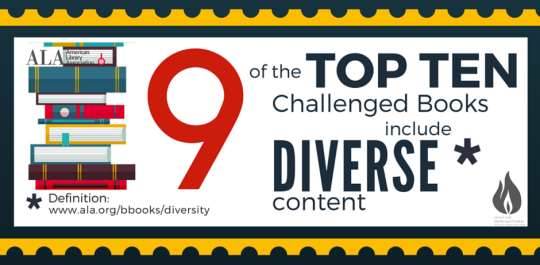
Coincidence? I think not. Are you still unsure whether you should care that Fifty Shades of Grey might not be available anymore in the library of some remote town in Texas or that the children of some school district you never heard of don’t get to read that one book anymore that you hated back in school?
If the fact that some people are trying to force their beliefs on others by removing access to alternatives doesn’t worry you, then maybe the fact these beliefs are usually bigoted and hateful should.
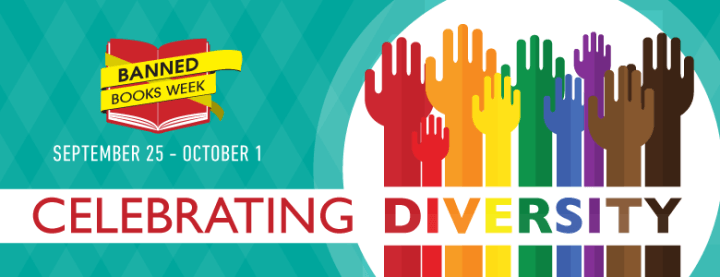
ADDITIONAL READING:
5 Challenged Diverse Books You Should Read by Jackie @ Death by Tsundoku
Dealing With The Naughty Books In Your Life by Lilyn @ Sci-Fi & Scary
2016 Banned Books Week: Spotlight on Diversity by 4thhouseontheleft
Banned Books Week: The Color Purple (Review) by Lost In A Good Book

Are you participating in Banned Books Week? What do you think about banning books?
What are your favorite diverse and banned books?

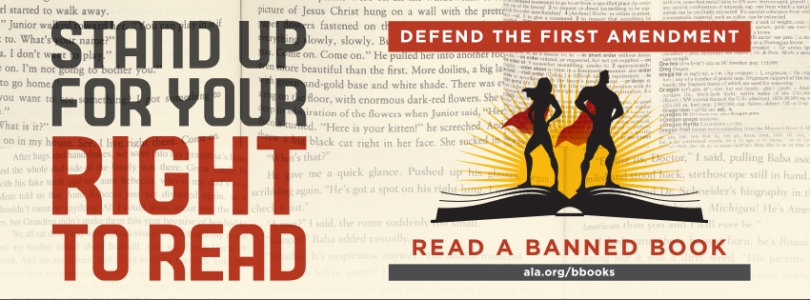
Even though the country tries to make religious discrimination a thing of the past, America has a lot of trouble distancing itself from it’s Puritan roots. To quote William Faulkner “The past is never dead. It’s not even past,” That’s made even more evident when we look at what you wrote in your post.
LikeLiked by 1 person
I agree. Those Puritan roots still shine through today in lots of things.
LikeLiked by 1 person
I love the word cloud. I am always amazed over what books are challenged. Harry Potter. I know, for the sorcery. LOL. But really, Harry Potter??
LikeLiked by 1 person
I know. Especially in this day and age, pretty much all of the reasons given for challenges are ridiculous and absurd.
LikeLike
It’s so sad how sometimes the best books are the ones that are the most challenged.
The Kite Runner is such a beautifully sad book as is My Sister’s Keeper, and it’s so sad to think that some kids may never read them because they are banned
LikeLiked by 1 person
Very true. I haven’t read My Sister’s Keeper yet (it’s on my list), but The Kite Runner is definitely an important read.
LikeLike
Most books that have been challenged have been finding their way to my children’s required reading list, which I love! While many still continue to be disputed and pulled in certain areas it is nice to know that progress has bee made. You have done a wonderful job with these posts!
LikeLiked by 1 person
Thank you so much! 🙂 And it makes me happy to hear that. The vast majority of banned books are controversial because they discuss really important topics. Simply pretending these issues don’t exist isn’t a solution.
LikeLike
Nicely written! You put it so much more clearly and less snarkily than I could!
Next year I’m going to start a personal diverse and banned challenge to last me all year. Just going to aim for one book a month.
LikeLiked by 1 person
Thank you! That is a fantastic idea! You know, I might actually join in on that.
LikeLiked by 1 person
Great post! you are absolutely right.
LikeLiked by 1 person
Thank you 🙂
LikeLiked by 1 person
Brilliant series of posts on Banned Books Week. It does still amaze me that in this day and age, this still happens!
LikeLiked by 1 person
Thank you 🙂
LikeLike
Fabulous post! It is so sad when LGBT+ literature is removed from children’s libraries in particular – this stops the library from being a safe space of education and acceptance. If my library had carried LGBT+ literature, I would have been so much better educated about myself and my sexuality.
LikeLiked by 1 person
Thank you 🙂 i agree. It annoys me most because some people think their bigotry allows them to dictate what others get to read or not.
LikeLiked by 1 person
[…] books is such a problematic practice with an excursus on an ugly chapter in world history and the third post continued the series with a look at the not-so-noble nature of the reasons behind the banning of […]
LikeLike
Thanks for the shout out, M! The part about this which frustrates me the most is when you read the reasons WHY these books are banned. Rarely do people really call the book out for the diversity. My belief is that subconsciously they know people will call them out for it. Things like, “not suited for age” are just silly. It’s extra important we call out diverse books to ensure people who don’t have diversity in their everyday lives can still see it. Embrace it. Understand it. Most fear of diversity comes from not understanding it. Without literature supporting and describing this, we won’t be able to escape this cycle of hate.
Sorry. Soapbox. 🙂
LikeLiked by 1 person
No no, you are absolutely right. Well said! I find it simultaneously irritating and funny that people don’t straight up complain about diversity in books. Because on the one hand I find it funnily pathetic that they know exactly what bigoted a**holes they are and therefore come up with these silly reasons as excuses. On the other hand it irritates me that they can’t just own up to being bigoted a**holes.
LikeLiked by 1 person
These are the people who care if they are judged, after all. So, it’s not that surprising. Even though I laugh at the more specific banning reasons, I appreciate their frankness more.
LikeLiked by 1 person
Like “mention of Allah”? 😂
LikeLiked by 1 person
Or “anti-adult themes”. That’s a great one (for Ender’s Game). Or, for Eleanor and Park, “67 uses of “God(s)”, 24 uses of Jesus, and 3 uses of Christ.” VERY specific.
LikeLiked by 1 person
hahahahahaha 😀 😀 😀 😀 😀 😀 that is AWESOME 😀
LikeLiked by 1 person
Banned Books Week you say huh? 😉 Sadly, you’re right about all of this. It’s usually the same type of people who are intolerant of both homosexuality and the Islam (because let’s face it, that’s mostly what’s referred to these days when something’s being criticised because of its religious theme). It’s people who never left their own comfort zone and are extremely intolerant of anything that’s ‘different’. Just, YUCK! Are you still unsure whether you should care that Fifty Shades of Grey might not be available anymore in the library of some remote town in Texas…? . I care! 😉
Thanks for being the inspiration to my crappy BBW video ❤
LikeLiked by 1 person
Very true. People who have left their comfort zone and have met other people that aren’t exactly like them are usually more tolerant. Which is why I think everyone should probably go live in a different country once.
Also awww ❤ thanks for making my day better by posting it Friday 🙂
LikeLiked by 1 person
[…] On The Practice Of Banning Books Pt.2: The Problem Pt.3: The Reasons Pt.4: Let’s Talk About Sex, […]
LikeLike